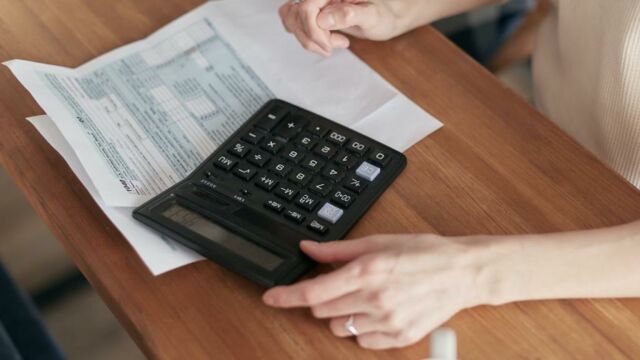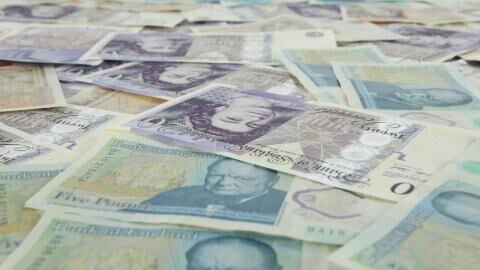As Britain is facing financial pressure due to the years of Covid-19 and an ongoing war in Ukraine, the Government is looking for more ways to cover the costs.
Discover our latest podcast
Authorities don’t hide their intention to raise taxes at some point, with a fiscal burden potentially affecting hard-working families.
Fiscal drag will also mean that millions of householdscould be facing tax hikes of up to £1,905 by 2028. Check if you will be affected.
What is fiscal drag?
According to the investment platform Interactive Investor, the hike in taxes will be caused by the impact of fiscal drag which happens when the income level at which taxes can be collected doesn't increase at the same rate as inflation or growth in earnings. As a result, a bigger chunk of a person's pay can be subjected to tax.
Fiscal drag also means that more people will fall into higher tax brackets, ultimately making them pay more.
Urgent warning for millions of households facing tax hikes of up to £1,905 – check if you’re affected | Money News | Fri | 14 Apr | 16:04 | BST https://t.co/8jTdTsBsHk
— Global Top News (@global_top_news) April 14, 2023
Read more:
⋙ New health warning issued for travellers visiting France, here's what you need to know
⋙ Thousands of households can apply for £190 free cash, check if you’re eligible
At the moment, the higher rate of tax is applied to anyone with an income between £50,271 to £125,140 at a rate of 40%.
Anyone earning £50,000 a year could see their tax bill rise by 35% by 2028 - an extra £1,905 a year.
That's despite their salary rising by only 21%. An increase in wages means they are dragged into the higher rate tax band.
Meanwhile, someone earning £15,000 with a similar pay rise will pay 106% more tax - or £861 a year more. That's because the amount you can earn tax-free is frozen at £12,570.
What is a Salary Sacrifice Scheme?
To avoid paying too much tax, you can try a salary sacrifice scheme.
A salary sacrifice scheme is where a worker agrees for a chunk of their earnings to be put into a tax-free benefit. It can be childcare vouchers, gym membership or a cycle-to-work scheme.
You don't pay tax on the portion of your wages that goes towards paying for these schemes, lowering the amount of income tax you pay overall.
Your employer may have an arrangement in place where you agree to take off your salary into a pension scheme - and they will contribute to this pot too.
The main advantage of #SalarySacrificeSchemes is that employees receive higher take-home pay. This is ultimately due to paying lower #NationalInsurance.
— Thomas Nock Martin (@TNM_Accountants) April 14, 2023
Learn more about salary sacrifice schemes...https://t.co/q7fnzDY6iU#accountancy#taxation#HMRC#BrierleyHill#WestMidlandspic.twitter.com/055X8YQuQL
One of the main advantages of using this option is that you pay less in taxes like national insurance, and the full amount you've sacrificed will be put into your pension.
This is because as you are earning a lower salary, both you and your company will pay less in National Insurance Contributions (NIC) - and it means that your take-home pay will actually be higher.
Claim child benefits
Also, it's important not to let stealth tax get in the way of crucial government payments.
It's thought many have stopped claiming child benefits over fears they will be hit with the High Income Child Benefit Charge.
The stealth tax means parents have to repay some or all of the benefit if they or their partner earn more than £50,000 a year.
However, you can still claim and opt out of receiving payments to build up National Insurance contributions which are used to calculate your State Pension entitlement in retirement.
Read more:
⋙ Millions to get extra £300 payment this year, find out if you're eligible
⋙ Millions affected by tax code errors could be due payments, here's how you can claim it
Sources used:
- The Sun: 'Urgent warning for millions of households facing tax hikes of up to £1,905 – check if you’re affected'
- The Sun: 'Everything you need to know about salary sacrifice including pension boost and tax-free benefits'















